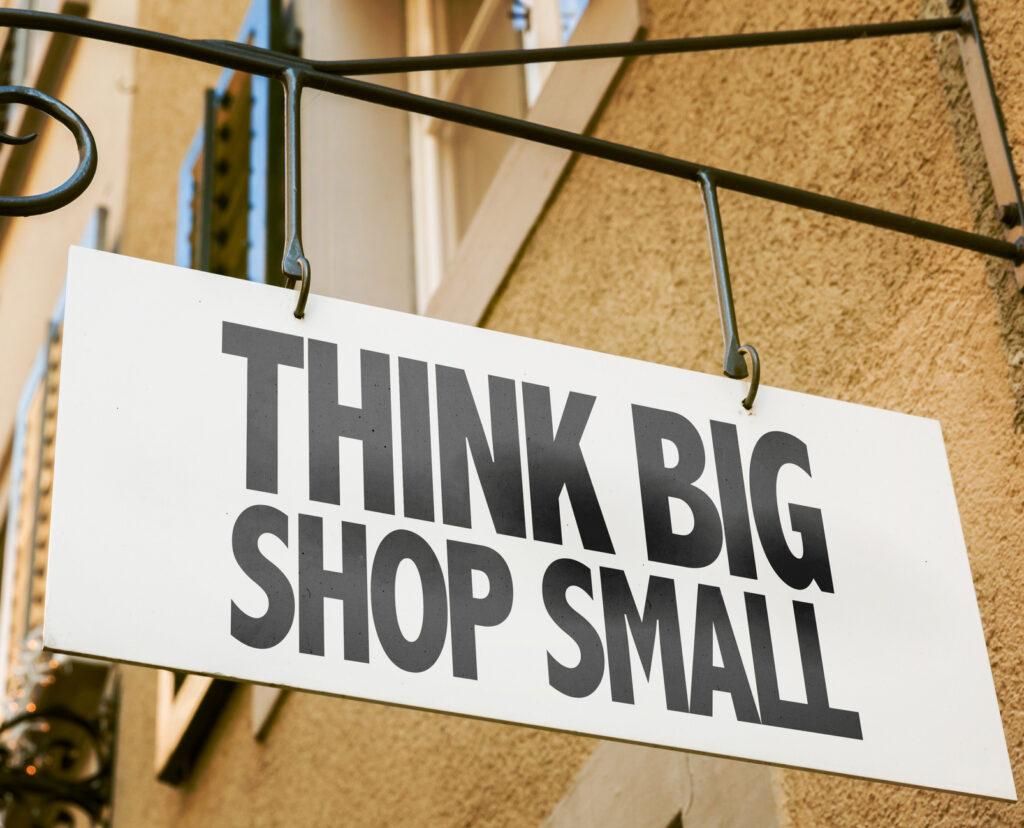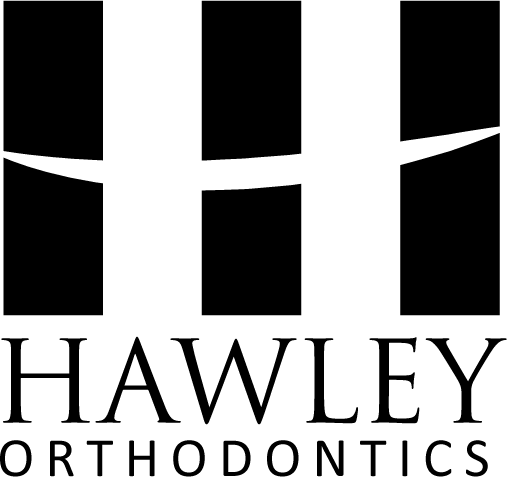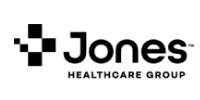Small businesses often face challenges in marketing their products and services due to limited budgets. With the rise of digital marketing channels, the number of available channels has increased, allowing small businesses to leverage different channels without breaking the bank.
The use of omni-channel or multichannel marketing has become increasingly important for small businesses to reach their target audience. In this article, we will discuss how small businesses can leverage many channels in the marketing spectrum on a smaller budget, the importance of omni-channel or multichannel marketing, the success of conversions using more than one or two channels, and why working with one marketing agency is the ideal scenario to ensure budgets are spent effectively and efficiently.
Leveraging many channels in the marketing spectrum on a smaller budget
Small businesses have a limited budget, which means that they need to choose the most effective marketing channels that provide the highest ROI. Some of the most cost-effective marketing channels for small businesses include email marketing, social media marketing, content marketing, search engine optimization (SEO), and paid advertising.
Email Marketing: Email marketing is one of the most cost-effective marketing channels for small businesses. It allows businesses to reach their target audience directly and can be personalized for better engagement. According to a study by DMA, email marketing has an average ROI of $42 for every dollar spent.
Social Media Marketing: Social media marketing is another effective channel that allows businesses to reach a wider audience. It also provides opportunities for engagement and allows businesses to build relationships with their customers. A study by HubSpot states that 76% of consumers have purchased a product they’ve seen in a social media post.
Content Marketing: Content marketing is another great way for small businesses to establish themselves as experts in their field. By creating valuable content that educates and entertains their target audience, small businesses can attract potential customers and build brand loyalty. According to a study by Demand Metric, content marketing generates three times as many leads as traditional outbound marketing, but costs 62% less.
Search Engine Optimization (SEO): SEO is also an essential component of any digital marketing strategy. It allows businesses to rank higher on search engine results pages (SERPs), increasing their visibility and driving more traffic to their website. According to a study by BrightEdge, organic search drives 53% of website traffic, making it a critical component of any digital marketing strategy.
Paid Advertising: Finally, paid advertising is a great way to reach a wider audience quickly. Platforms like Google Ads and Meta Ads allow businesses to target specific audiences and measure their results accurately. While paid advertising can be more expensive, it can deliver a high ROI when done correctly. According to a study by WordStream, the average conversion rate for Google Ads across all industries is 3.48%.
The Importance of Omni-Channel or Multichannel Marketing
Omni-channel or multichannel marketing refers to the use of multiple channels to reach the target audience. This approach is essential because customers now interact with businesses in many different ways. They may see an ad on social media, visit the website, receive an email, and then purchase in-store or online. By using multiple channels, small businesses can engage with their customers in different ways and increase the chances of conversion.
A study by Harvard Business Review states that customers who used multiple channels to interact with a business or brand spent 4% more on average. Another study by Google found that companies who employ multiple channels strategies retain 90% of their customers as compared to only 33% for those who used only one or two channels.
Small businesses that use more than one or two channels can see significant improvements in their conversions. According to a study by HubSpot, businesses that use three or more channels in their marketing strategy see a 287% higher ROI than those who don’t. Another study by Deloitte found that customers who used multiple channels to interact with a business had a 30% higher lifetime value than those who only used one channel.
Those are some pretty compelling statistics.
Working with one marketing agency
Working with one agency can be an ideal scenario for small businesses to ensure budgets are spent effectively and efficiently. A marketing agency can help businesses identify the most effective channels for their target audience and create a comprehensive marketing strategy that leverages multiple channels.
An agency who really understands all of the available marketing opportunities and options can also provide businesses with the expertise needed to execute successful marketing campaigns without bias. Small businesses often lack the resources and knowledge needed to really tackle this effectively, and that is quite normal. You started a business likely based on your passion and expertise, not because you were a marketing expert. It’s logical to get the experts to help you truly optimize your return on investment and generate sales so that you can concentrate on the all the reasons you started your business in the first place.
Wishing you much success!





















